Afghanistan: horror abroad, risk at home
In the political wash-up of the Afghanistan disaster, Scott Morrison and Anthony Albanese must both tread carefully.
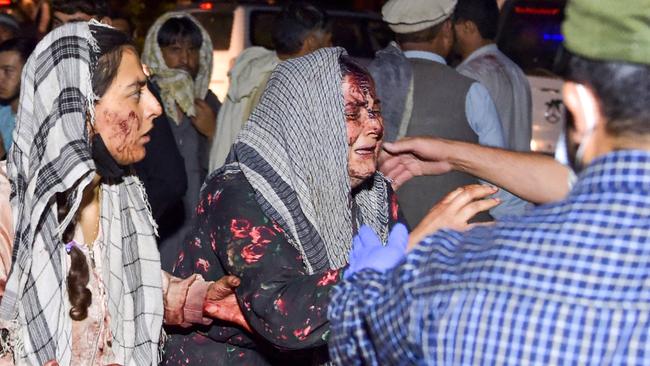
Anthony Albanese has already signalled his intention to probe the final, fatal decisions of the Morrison government and legitimately pursue why and when actions were taken that have contributed to Afghans who helped Australian troops being left behind.
But history, the importance of our strategic alliances, public attitudes and fears, the new threat of a rise of terror in our region, bipartisan support for the invasion of Afghanistan and troop commitments all suggest that the scope for forensic examination will be limited and will find a shared risk of damage.
As the Prime Minister and Defence Minister announced the end of the efforts to fly refugees out of Kabul, as well as the withdrawal of Australian troops and officials, and moved to the “post-evacuation phase”, the political focus too will shift to what is happening now.
The Opposition Leader condemned the bomb attacks in Kabul as the Taliban faces its own crisis of control as he backed Australian troops and public servants who risked their lives – but he was not critical of the United States nor of the long-term commitment to Afghanistan.
Apart from the real danger of a public backlash against any political leader being seen to criticise defence personnel in the field or take advantage of terror attacks – both of which limit the ALP’s scope for attack on the Coalition – there is also Labor’s support for the presence in Afghanistan, including when Albanese was deputy prime minister.
So, it is already clear the political reckoning will centre on the fate of the unknown number of Australians, visa holders and Afghans who worked with our troops who have been left behind – as well as on the crucial decision to remove Australian embassy staff and officials back in May. Even these traumatic and crucial events have to be handled carefully and may have a limited domestic political impact.
Albanese has every right, indeed a responsibility, to probe these decisions but he needs to be wary of overreach.
The Opposition Leader was justified in parliament on Monday to formally set out his political agenda when he declared: “I do not understand why a team of the kind that we only recently deployed was not in place in Kabul the day the government announced Australia’s intention to leave nearly three months ago.
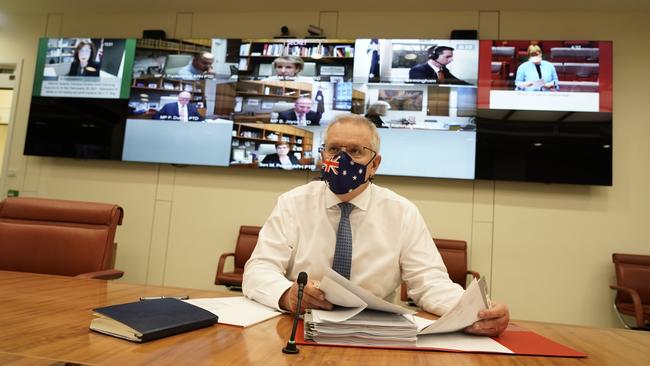
“As we evacuated our own personnel, why didn’t we evacuate Australian nationals at the same time, as well as loyal Afghans who had worked for Australia and whose lives would be in jeopardy as a result?” he asked.
This was the crux of Labor’s inquiry before the end of the evacuation and will form the basis of the critical examination in the “post-evacuation phase”. Labor MPs have been calling for “more action” to get Afghans out of Kabul, accusing Morrison of being too slow and calling for more humanitarian places for refugees.
Dutton has moved to build a bulwark for the Coalition using defence and intelligence advice and pointing to the positives of taking an early decision to evacuate Australian embassy staff three months ago.
The decision, Dutton said, was based on the “sage advice from the Chief of the Defence Force”. He also used the bombing attack at Kabul airport to reinforce that Australians were sent to Afghanistan “to keep those barbaric acts away from our shores”.
“We were ahead of the game in the sense that we were criticised at the time, but it was the right thing to do. At the same time, with the surge of activity, we were able to bring out people who had provided support to us, who had saved Australian lives over the course of these two decades,” Dutton said.
“We took a decision, to close our embassy in May of this year, again ahead of many other countries. We took the security advice and we made a prudent decision that was in the best interest, based on national security.”
Morrison has also highlighted the 1900 Afghans resettled in Australia over the years, the 400 since April when the embassy began to shut down and the “much better than expected” 4100 evacuations in the nine days before the operation was ended on Thursday night as the last Australian troops flew out.
Albanese’s response is that loyal Afghans fearing the Taliban will be left behind “is something that could and should have been avoided”.
This is the political dispute over Afghanistan that is to come, not whether the strategic alliance with the US should change, whether there is an increased terror threat in the region, whether Australia should have joined the “good war” or that the mission has failed – but that “our mates” were left behind.
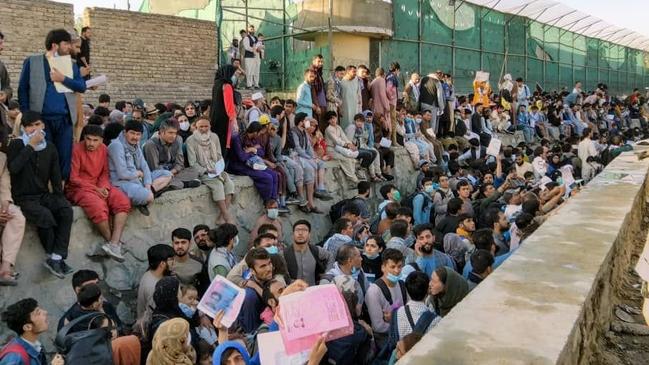
Albanese needs to be careful not to overreach and Morrison needs to keep his argument clear and concise or they will both suffer politically. The other political consideration is that rarely do foreign policy issues significantly shift voter sentiment in Australian elections.
The experience of terror attacks and military setbacks overseas, even during an election campaign, have had less than the predicted impact on domestic politics.
On September 9, 2004, there was a terror bombing against the Australian embassy in Jakarta during the election campaign, which led to some speculation that there would be an electoral boost for the incumbent Howard government.
But John Howard and Labor’s Mark Latham both behaved absolutely correctly and suspended campaigning. There was no discernible impact on the electoral support for either the Coalition or the ALP as a result of the attack and domestic issues continued to dominate.
The politics of terror and war are just as dangerous and unpredictable as the actions.


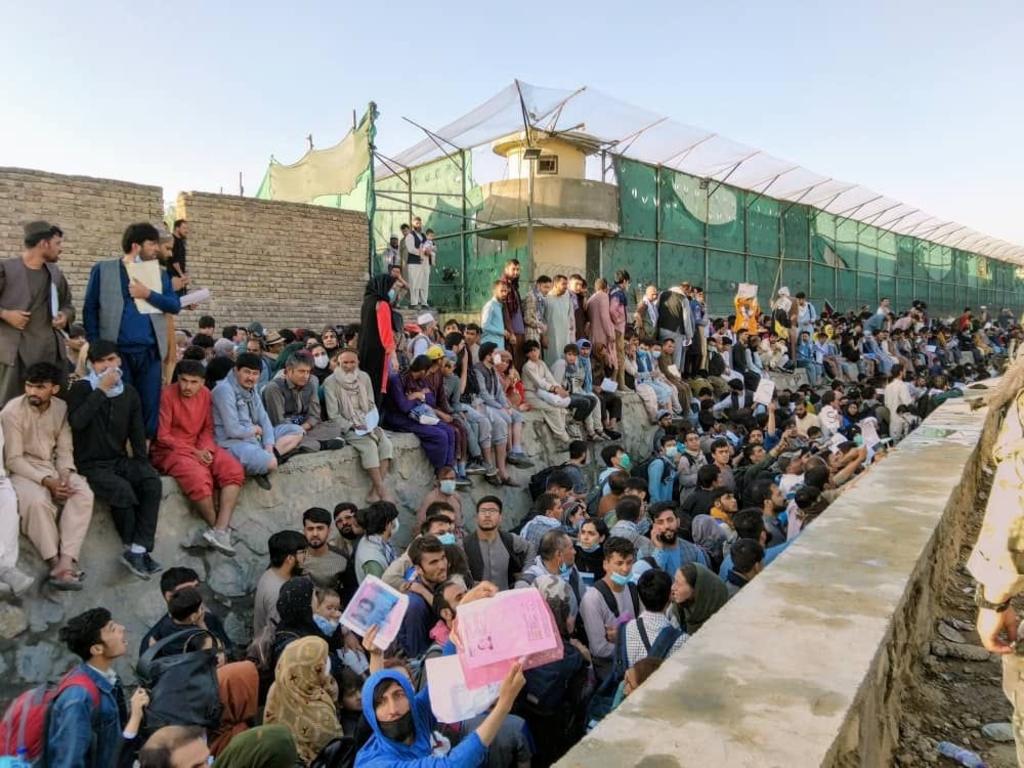
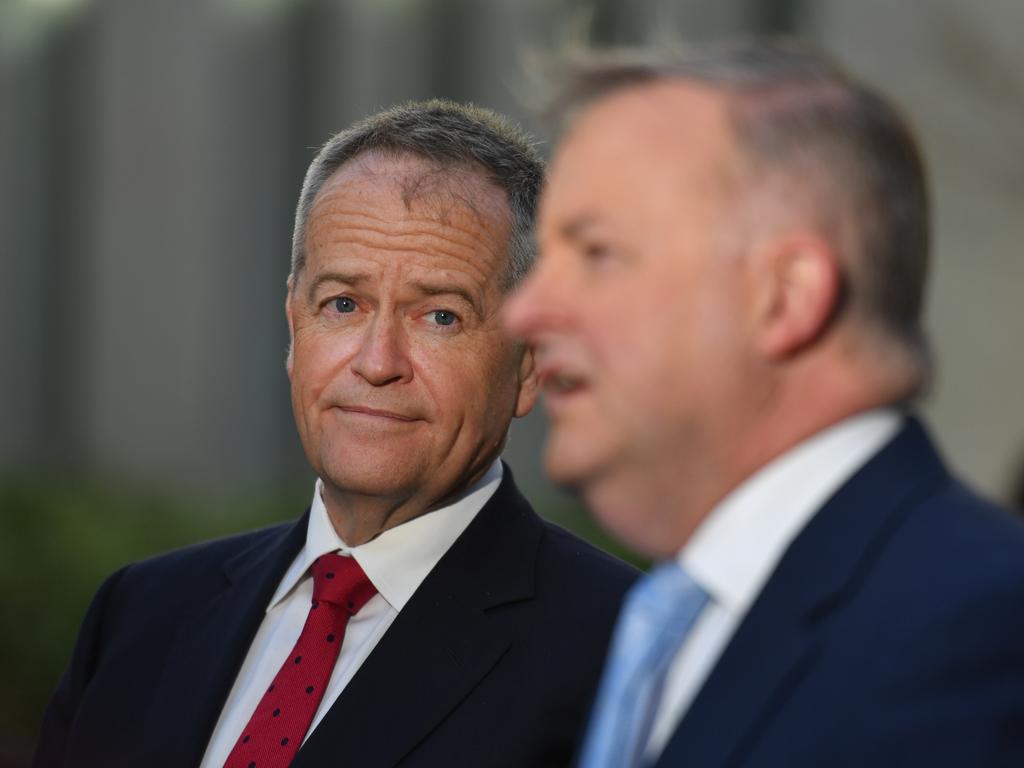


There will be a political reckoning for Scott Morrison and Peter Dutton arising from Australia’s final, ignominious exit from Kabul and Afghanistan after 20 years of investing blood and treasure in what started out as a fight against terrorism.